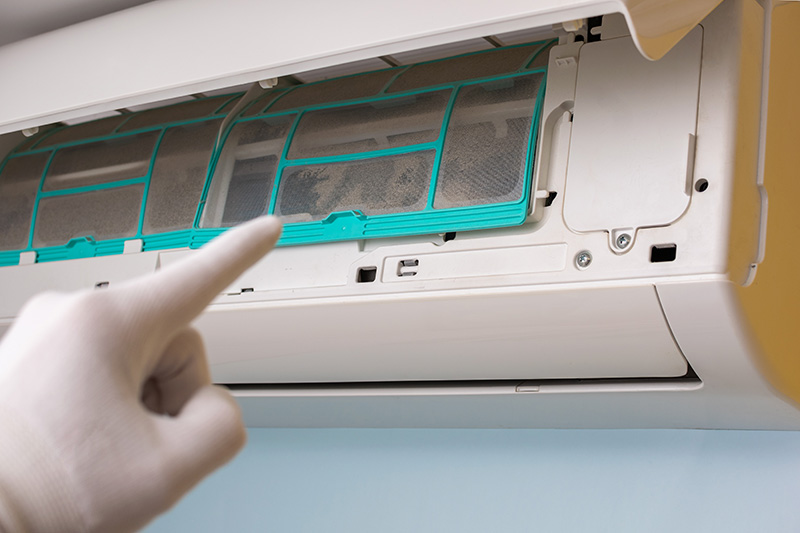PM’s are finer and harmful invisible particles that can get into your lungs and bloodstream and cause a number of health issues.
How are your PM levels today? If you’re not sure how to answer this question, let’s take a moment to talk about particulate matter (PM). PM is harmful invisible particles that can get into the lungs and bloodstream. This can contribute to breathing problems and many other health issues. Read on to learn more about PM levels and how they impact you. See what you can do to improve PM levels and indoor air quality (IAQ) in your home.
The Impact of Higher Indoor PM Levels
A wide range of health issues come from higher indoor particulate matter levels. Short-term exposure often results in minor problems, like eye, nose, and throat irritations. People in your home may also have more coughing, sneezing, and allergy-related symptoms. Long-term exposure to higher indoor PM levels has the potential to contribute to:
- Breathing difficulties
- Lung infections and other respiratory concerns
- Worsening symptoms related to certain medical conditions like heart disease and asthma
Why Pay Attention to PM Levels?
If you’re not mindful of the particulate matter in your home, the health issues could get worse over time. Furthermore, the EPA notes indoor air can be more polluted than outside air. By knowing how PM levels impact indoor air quality, you can take steps to make your home safe and healthy.
Reducing PM Levels in Your Home
One way to improve air quality and reduce particulate matter in your home is to upgrade to a HEPA filter. According to the EPA, these filters can capture as much as 99.97 percent of smaller particles down to 0.3 microns. If you need some help choosing the right filter for your system, talk to an HVAC professional. They can give you advice specific to your IAQ needs.
Indoor air quality monitors can detect and measure particles and droplets in the air. Using one of these devices gives you a clearer picture of if you’ll need to take further steps. If levels are high, further reduce indoor PM levels by:
- Making sure your stove, fireplace, and other fuel-fired appliances have proper ventilation
- Having your home’s appliances and indoor comfort systems inspected often
- Paying attention to any alerts of high outdoor pollution levels. You’ll know when to close your doors and windows and rely on your HVAC system
Call Us Today
Your HVAC system can also affect the air quality in your home. If your current cooling system isn’t working as it should, this could cause higher PM levels. Our HVAC professionals can check your system to see if there are issues that need attention. Contact us today to set up an appointment to discuss your indoor air quality and HVAC concerns.

